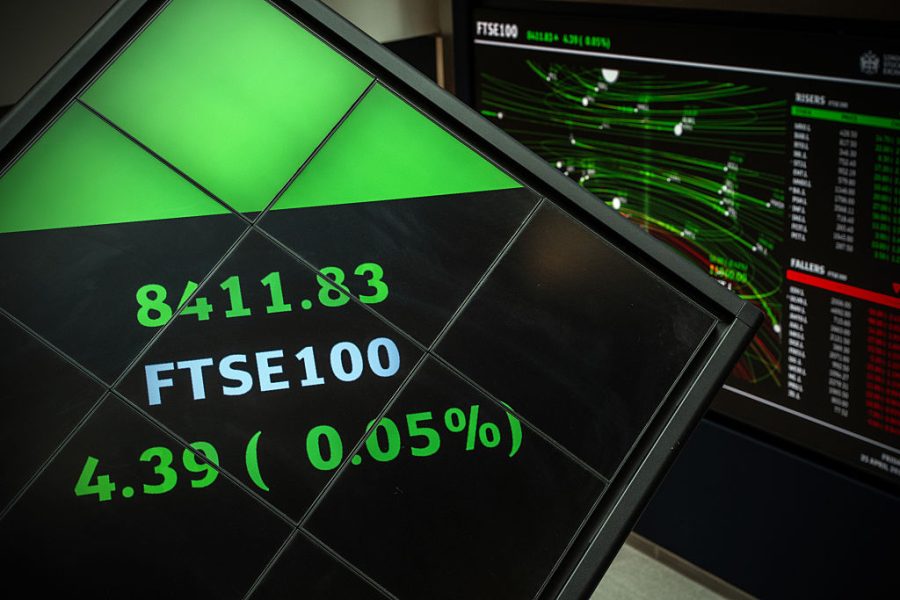As figures out today show the salaries at the top of business soaring, there are plenty of good reasons for the chief executives of the FTSE 100 to be paid a lot more – at least if you look at it dispassionately. These companies are catching up with global salaries. They need to attract talent from around the world. And they need to stop businesses from moving to New York. The trouble is, we also have a Labour government that is searching for more tax revenue and backbenchers and party activists determined that the ‘rich’ should pay more. Against that backdrop, paying yourself a couple of million more does not look so smart.
With soaring taxes and a higher cost of living, most people are feeling squeezed for cash. The bosses of Britain’s biggest companies, however, are doing better than ever. The latest data from the High Pay Commission found that the average pay for the man or woman running a FTSE 100 company rose to £5.91 million last year, a 15.9 per cent increase. It is the highest on record, overtaking the £5.79 million average recorded in 2017/2018. Meanwhile, median pay also set a fresh record of £4.58 million. There has never been a better time to take the helm of the UK’s largest companies.
Surely the FTSE’s leaders have picked the wrong year for a bumper pay rise?
It is not hard to understand why. Most of the major FTSE 100 companies operate in a global market, and while the salaries may sound huge to most of us, they are often far less than the same executives would be earning if their business was listed in the United States, or even in much of mainland Europe. If they want to compete globally, as they should, they have to pay the going rate. For shareholders and for staff, the difference between a brilliant CEO and a slightly rubbish one is so vast that it is worth paying an extra million or two to get the right person.
Here’s the catch, however. Surely the FTSE’s leaders have picked the wrong year for a bumper pay rise? The Chancellor Rachel Reeves is desperate for more tax revenue to fill the ‘black hole’ that has opened up in the public finances. Her backbenchers, alongside senior ministers such as the Deputy Prime Minister, Angela Rayner, are determined to ‘tax the rich’ to pay for higher spending, to pay the public sector more, and to avoid any cuts in the welfare bills.
Wealth taxes, higher inheritance tax and steeper capital gains taxes are already under discussion. If the pay of these executives keeps going up, it won’t be long before there are proposals for a ‘FTSE tax’. Perhaps a one-off ‘solidarity levy’ of 10 per cent on salaries over £1 million or a windfall tax on companies paying their CEO over £5 million could work? Both would be wildly popular with Labour activists. These FTSE bosses are making themselves an easy target – and they will only have themselves to blame if they get clobbered in the Budget.






Comments